Fly your flag at the Olympic Games with Omega’s NATO straps
Omega lets you Change the Nationality of your Watch with 24 Flag-Inspired NATO Straps
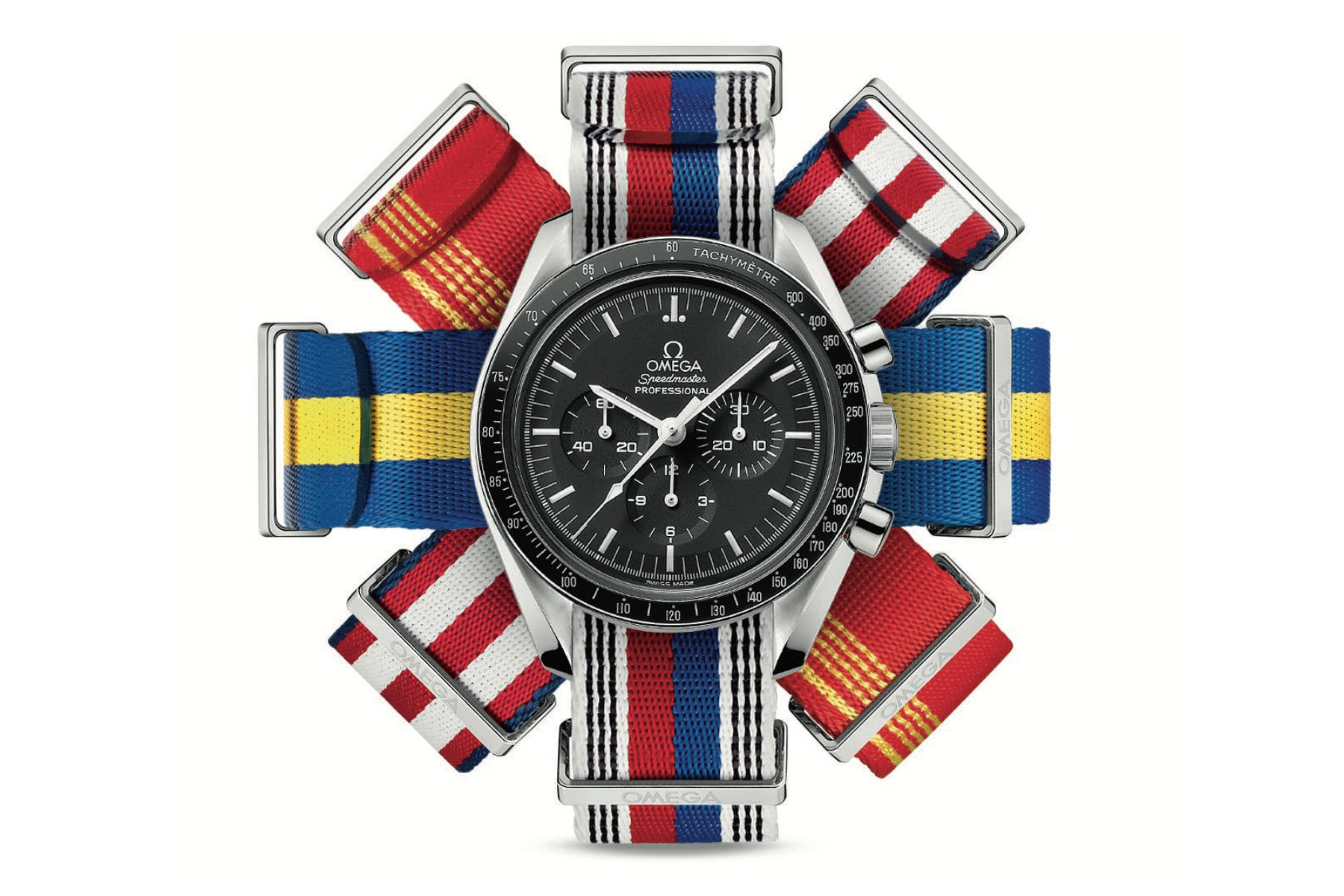
Customisation is the name of game in the watch world today and the fastest way to change the personality of your watch is to change the strap. As the official timekeeper of the Olympic Games since 1932, and coinciding with the start of the PyeongChang 2018 Winter Games, Omega taps into the trend for customisation with its timely proposal of NATO straps decked out in the colours of competing nations’ flags. Thanks to Omega’s new straps, you can change the personality and the nationality of your watch in a matter of seconds.
With the 18 flag-inspired NATO straps, supporters can now root for their home teams or, if their country is not represented, commemorate the occasion with any one of the six NATO straps inspired by the five colours of the Olympic rings.
Where did NATO straps get their name?
NATO straps have nothing to do with the North Atlantic Treaty Organisation, although their origin was, like so many practical inventions that have trickled down into civilian life, rooted in the military. In the early 1970s, the British Ministry of Defence issued a standard watch strap to its soldiers. This cheap, expandable, waterproof and highly resilient nylon strap with its basic buckle and stays ended up being known as a NATO strap for the simple reason that this was the 13-digit NATO or NSN stock number assigned to this particular type of strap.
The origins of NATO straps – before acquiring their NATO stock number denomination – date back to World War II when British pilots, navigators and army personnel resorted to leather and canvas straps to secure their watches safely to the wrist. Instead of removable spring bars that could pop open upon impact and result in a watch casualty, the watches were equipped with fixed soldered lugs. The idea behind the fixed bars was that you could slide a long, resilient strap under the first bar, feed it across the case back and secure it again under the second fixed bar before passing it through the buckle and fixing it for a third time under the two watch stays –or ‘keepers’ as they are called on Omega’s website. The other advantage of these rudimentary straps was the fact that they could be adapted to any wrist size and tightened or loosened at will.
Try it before you buy it
The new NATO straps are made of polyamide, a textile made of synthetic fibres, that offers good tensile strength and is exceptionally resistant to abrasion. To keep the extra material of the straps (available in width of either 19-20mm or 20-21mm) from flapping around or poking out, the stainless steel buckles are reinforced by two keepers.
It’s probably easier to change the strap of your watch than to find the virtual watch strap simulator on Omega’s webpage. For the record, the magic strap simulator is hiding in the Accessories subsection and lets you see how your Omega watch (there are 45 different watch models to choose from) might look like in a new NATO strap.
The price for Omega’s current collection of NATO straps is EUR 150. More details on www.omegawatches.com.

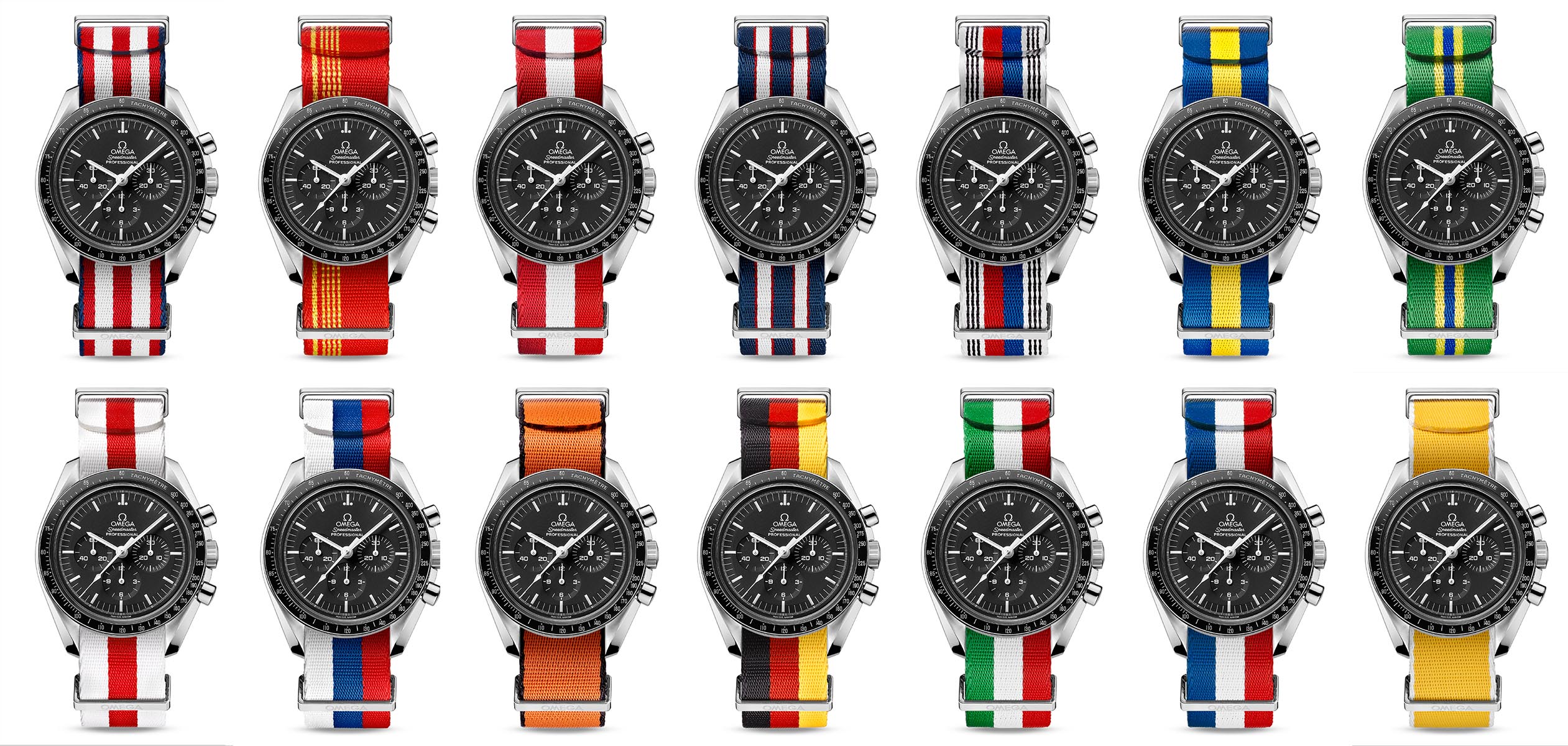


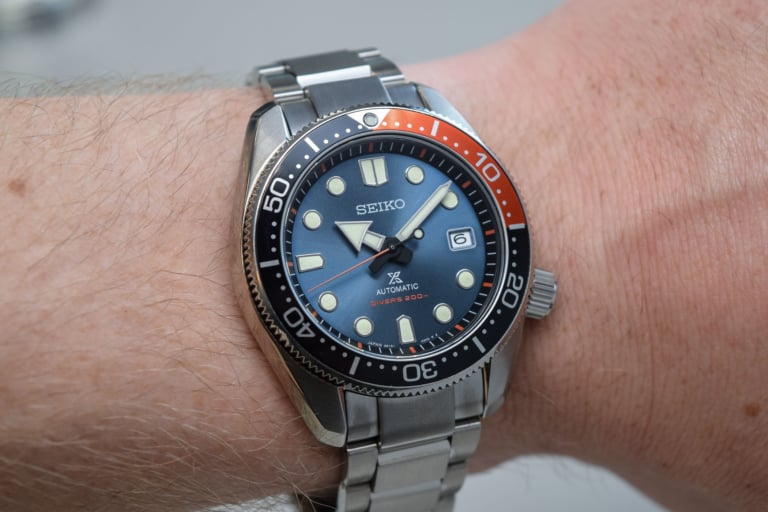
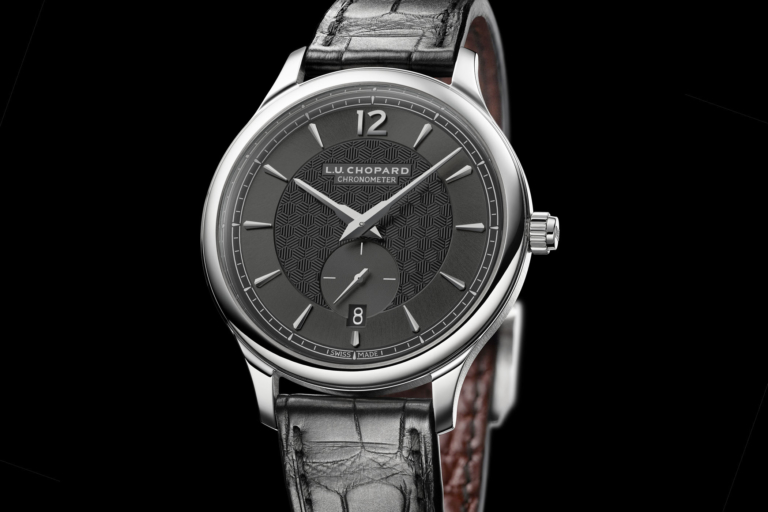
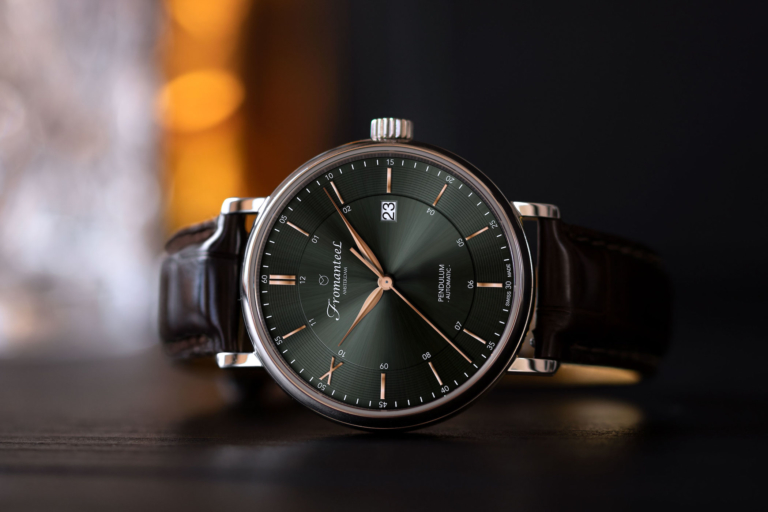
2 responses
$185+ for a strip of fabric? This is what leaves me totally dismayed about watch companies, it’s not enough to lay down $5000+ for a watch, then they charge you a relatively astronomical amount for something that costs them $5 to make. The worst part is that this is a company that I’ve got close to $25,000 invested in. Call me stupid, I do every time I look at my collection.
Ridiculously over-priced and greedy. Just because the watches cost a couple of thousand pounds doesn’t mean Omega can rip us off on the straps. ZuluDiver makes a wide variety of NATO straps (including straps based on national flags) for less than £20 each.